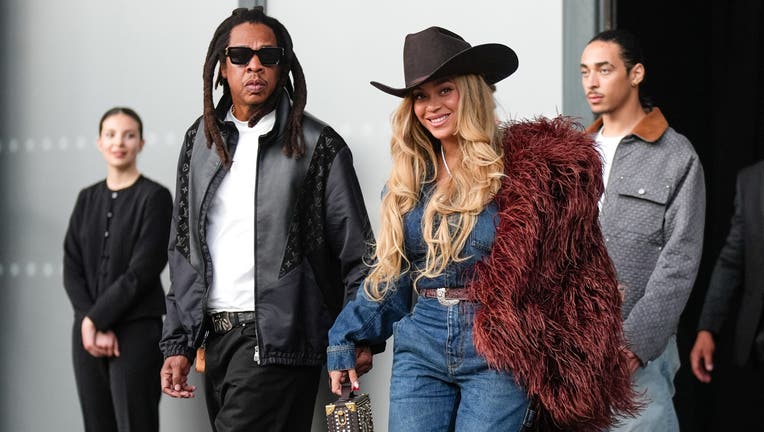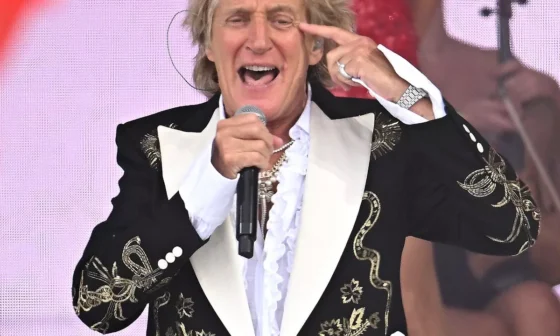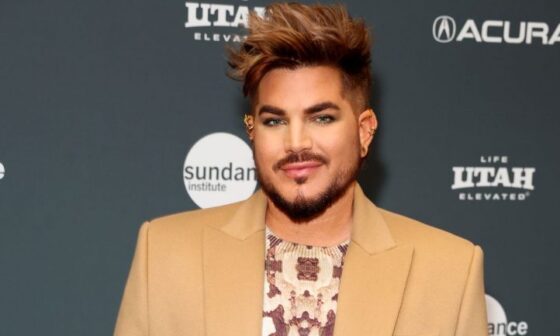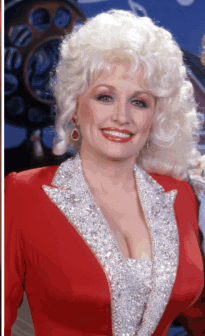The crowd came ready for a show. A Beyoncé show. Lights. Power. Cowboy glam. But halfway through her Cowboy Carter performance in Paris, cheers turned into confusion. Then came the backlash.
Why? The shirt.
Beyoncé stepped on stage wearing a T-shirt with an image of the Buffalo Soldiers—Black U.S. Army units formed after the Civil War—and a line printed boldly across the back:
“Enemies of peace, order and settlement: warring Indians, bandits, cattle thieves, murderous gunmen, bootleggers, trespassers, and Mexican revolutionaries.”
The phrase spread like wildfire online. To some, it was historical reference. To many others—especially Indigenous and Mexican communities—it read like erasure. A painful glorification of violent expansion, colonization, and the oppression of Native peoples.

What the Shirt Really Means—and Why It Hurts
The controversy ignited when TikTok creator @confirmedsomaya broke down the shirt’s message in a now-viral video, explaining how the text frames Native Americans and Mexican revolutionaries as threats to “peace.” Other Indigenous creators quickly joined in.
“This is the language of colonizers,” one user commented. “How can someone reclaim cowboy culture without acknowledging who got trampled under it?”
An Indigenous news page posted: “Will Beyoncé apologize or even acknowledge this?”

The History Behind the Image
The Buffalo Soldiers—formed in 1866—are rightly honored for their bravery. They were Black men, many formerly enslaved, who served with distinction in wars from the Indian Wars to World War II.
But the history isn’t simple. They also followed U.S. military orders to drive Native tribes from their lands. Many campaigns against Indigenous peoples bore their name.
Cale Carter, of the Buffalo Soldiers National Museum in Houston, put it plainly:
“These were men fighting racism inside their own ranks, while also being used as tools of westward expansion. It’s complicated. And we have to face all of it.”
Beyoncé’s Silent Spotlight
So far, Beyoncé hasn’t responded. Her team declined comment. The shirt is still visible on her site in performance photos, though it’s unclear if it was official merch or a custom piece for the stage.
Some fans defend her: “She probably wore it to honor Black soldiers—not to erase anyone.” Others aren’t convinced.
Historian Tad Stoermer said:
“That shirt tells you the myth of American empire is alive and well. It glorifies one version of history while silencing the suffering behind it.”
When Reclaiming Cowboys Means Reckoning With the Past
Cowboy Carter is one of Beyoncé’s boldest projects—reimagining country music through a Black lens. She became the first Black woman to top the Billboard country charts. She won the 2025 GRAMMY for Album of the Year. She’s reshaping a genre that long excluded voices like hers.
But with power comes responsibility.
“If you’re going to reclaim cowboy imagery,” one activist tweeted, “you can’t do it by wearing the words that once dehumanized Native people.”
So What Now?
Fans and activists are divided. Some are asking for the shirt to be removed. Others want a public apology or at least an acknowledgment. For now, the silence is fueling the storm.
Because when you step into America’s myths, especially on a stage as big as Beyoncé’s—you carry the weight of all its truths, too.







